
The Simons Institute invites proposals for science communicator in residence visits of one to three weeks for Summer 2024, Fall 2024, and Spring 2025.
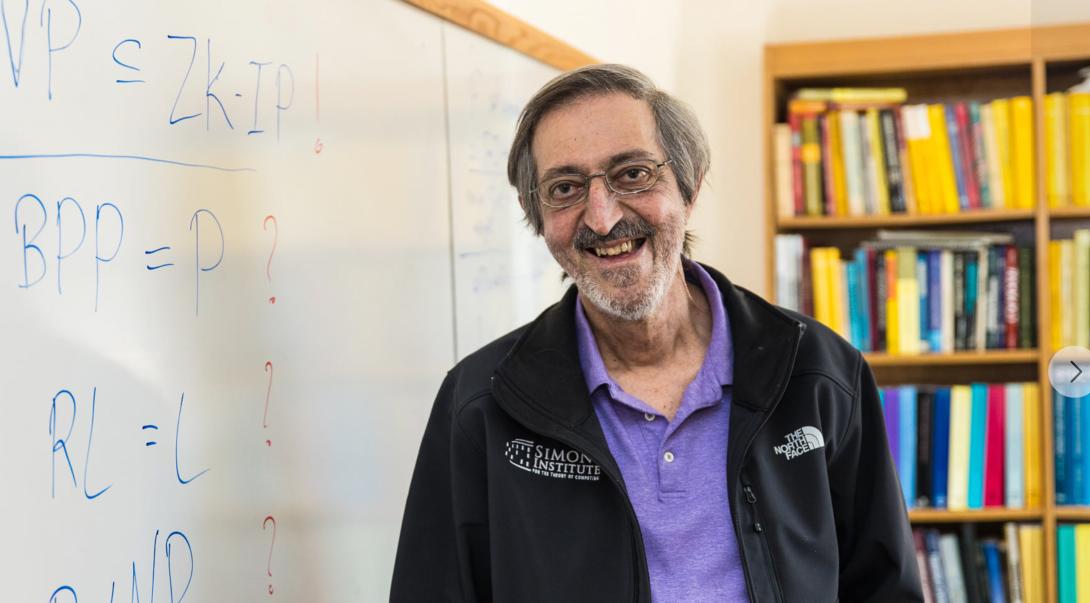
In celebration of Avi Wigderson’s receipt of the ACM A.M. Turing Award this year, we put together a playlist of Avi’s talks at the Simons Institute.
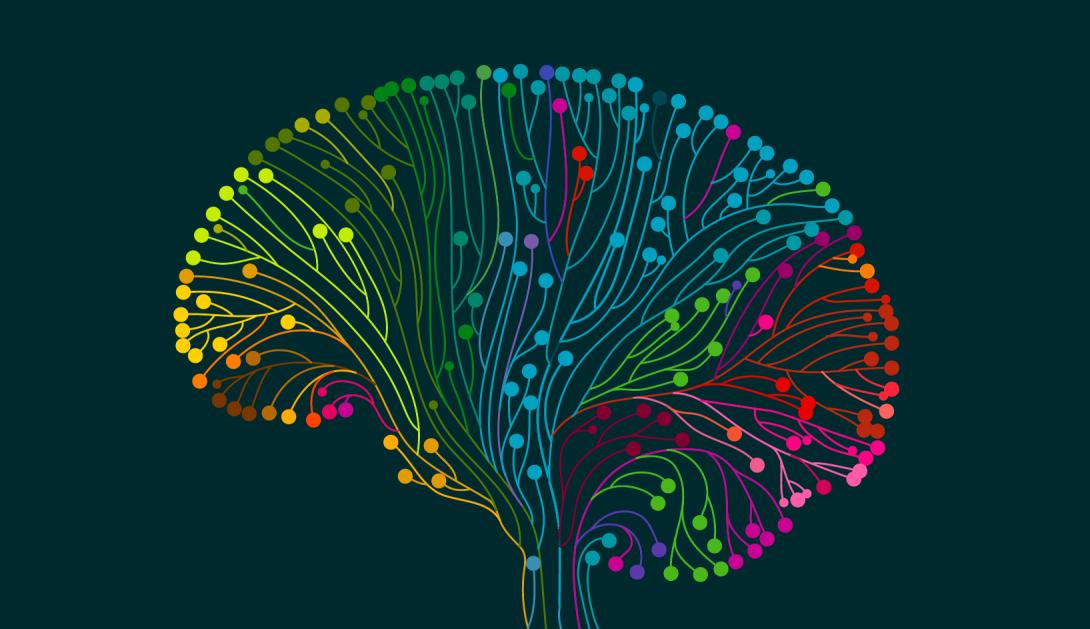
In April, the Simons Institute launched a Research Pod on Resilience in Brain, Natural, and Algorithmic Systems. The Resilience Pod will explore the...
381 results
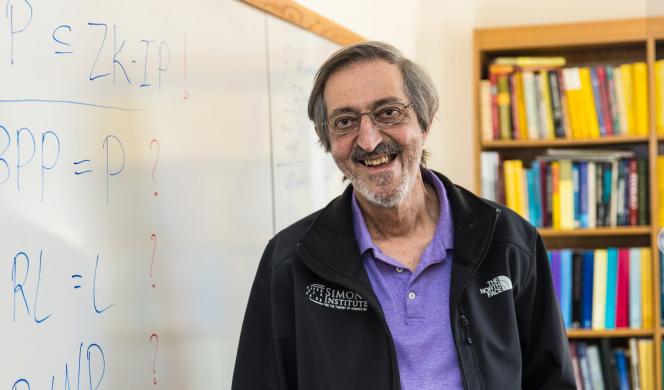
In celebration of Avi Wigderson’s receipt of the ACM A.M. Turing Award this year, we put together a playlist of Avi’s talks at the Simons Institute.
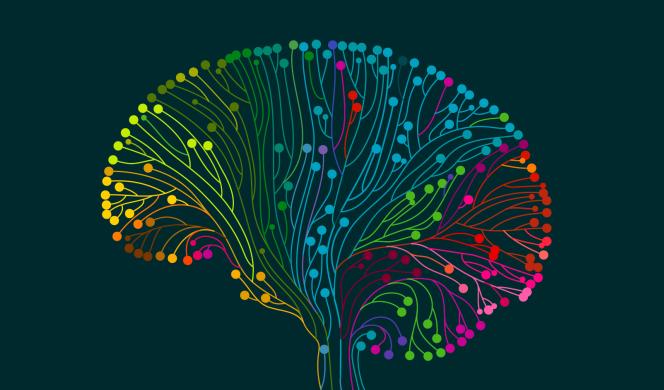
In April, the Simons Institute launched a Research Pod on Resilience in Brain, Natural, and Algorithmic Systems. The Resilience Pod will explore the topic of resilience through an interdisciplinary lens, over the course of three years.

Greetings from Berkeley. This month we learned that Avi Wigderson received the ACM A.M. Turing Award. Avi is a beacon of light in the field of theoretical computer science, and has been a godfather of sorts to the Simons Institute since the beginning.

The Simons Institute invites proposals for science communicator in residence visits of one to three weeks for Summer 2024, Fall 2024, and Spring 2025.

This Theoretically Speaking panel discussion brought together a theoretical computer scientist with science communicators specializing in math and computer science, to explore the question of how to communicate algorithmic science to a broad audience.
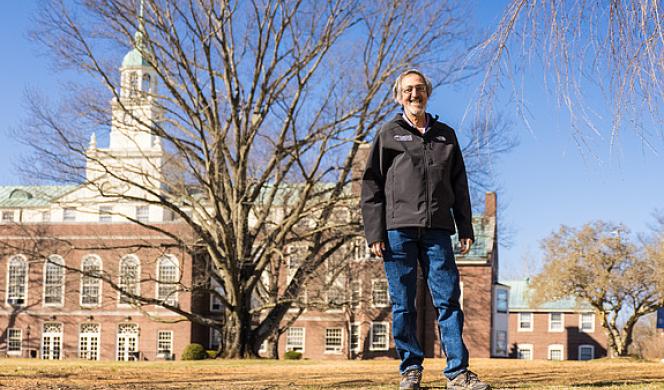
Avi Wigderson, Herbert H. Maass Professor in the Institute for Advanced Study’s School of Mathematics, was named by the Association for Computing Machinery (ACM) as the recipient of the 2023 ACM A.M. Turing Award, often referred to as the "Nobel Prize of Computing." (Source: Institute for Advanced Study)

Dear friends,
Greetings from the Simons Institute! In this month’s newsletter, we’re showcasing highlights from recent workshops: a presentation by Dolev Bluvstein on recent advances in quantum information processing, and a talk by Mike Luby describing how erasure codes can address the lags and stalls that afflict cloud gaming and other applications carried out over networks.

Cloud gaming platforms such as Xbox Cloud Gaming and GeForce NOW can experience stalls, lags, jitter, and pixelation when delivered over wireless networks such as Wi-Fi, 5G, and Starlink. In this talk from the workshop on Application-Driven Coding Theory, Mike Luby (BitRipple) describes solutions that eliminate these issues, providing a much improved end-user experience. These solutions enable interactive applications such as cloud gaming, AR/VR, teleoperation of drones and robots, and remote collaboration, and they are easy to integrate into existing services.

Suppressing errors is one of the central challenges for useful quantum computing, requiring quantum error correction for large-scale processing. But the overhead in the realization of error-corrected “logical” qubits, where information is encoded across many physical qubits for redundancy, poses significant challenges to large-scale logical quantum computing. In this talk from the recent workshop on Advances in Quantum Coding Theory, Dolev Bluvstein (Harvard University) discusses recent advances in quantum information processing using dynamically reconfigurable arrays of neutral atoms, where physical qubits are encoded in long-lived hyperfine states and entangling operations are realized by coherent excitation into Rydberg states.
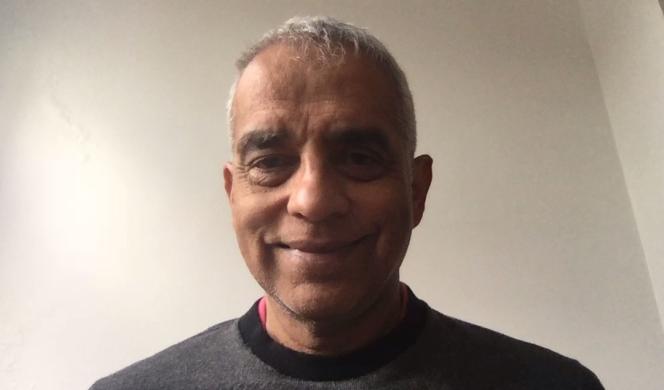
Dear friends,
I am delighted to announce that Sampath Kannan will be the next associate director of the Simons Institute. His official appointment begins July 1, 2024.



